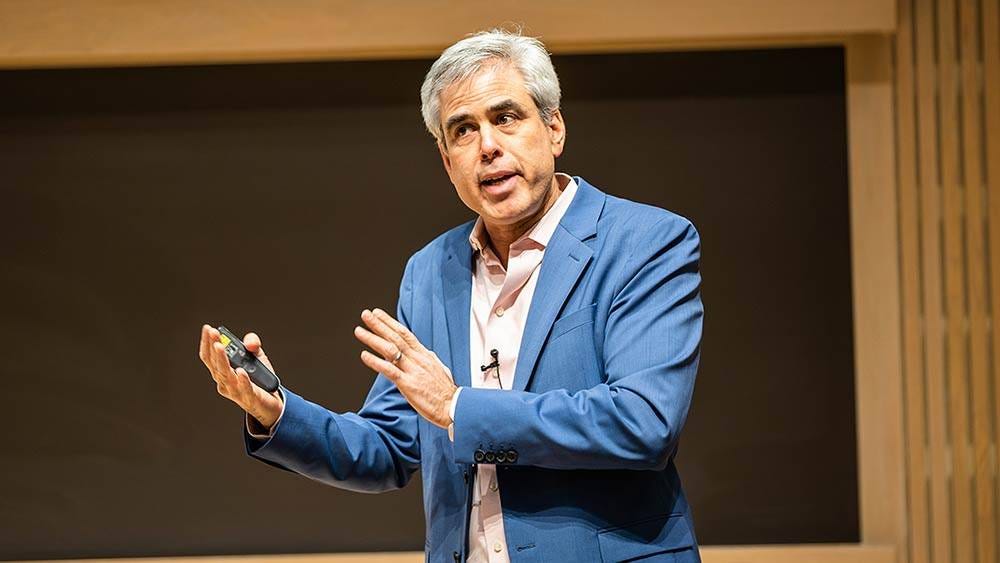Moral Foundations Theory and Political Polarization
A guide to understanding the psychological roots of ideological differences
In an era marked by deepening political divides, understanding the psychological roots of ideological differences is essential for fostering dialogue and reducing conflict. Moral Foundations Theory, developed by social psychologists Jonathan Haidt, of New York University, and Jesse Graham, of the University of Utah, provides a framework for examining how people’s moral intuitions shape their political beliefs.
The Moral Foundations Theory says that humans have evolved several foundational moral values—such as fairness, authority, and loyalty—which influence the way they perceive social and political issues.
MFT identifies six primary moral foundations:
Care/Harm: Sensitivity to suffering and the desire to protect others from harm.
Fairness/Cheating: Concerns about justice, equality, and proportionality.
Loyalty/Betrayal: Valuing group cohesion, allegiance, and shared identity.
Authority/Subversion: Respect for tradition, hierarchy, and legitimate authority.
Sanctity/Degradation: Attitudes toward purity, sacredness, and physical or moral contamination.
Liberty/Oppression: A focus on resisting domination and promoting autonomy.
While everyone relies on these foundations to some degree, individuals and groups prioritize them differently. These differences form the basis of ideological divides.
For instance, political liberals tend to emphasize Care and Fairness, advocating for policies that reduce harm and promote equality. Conservatives, in contrast, often draw on a broader range of foundations, including Loyalty, Authority, and Sanctity, which support traditions, national pride, and social cohesion.
The prioritization of moral foundations profoundly shapes political discourse.
For liberals, social justice issues like healthcare access, environmental protection, and LGBTQ+ rights often align with their emphasis on Care and Fairness. In contrast, conservatives’ focus on Loyalty, Authority, and Sanctity explains their advocacy for patriotism, law and order, and the preservation of cultural and religious traditions. For libertarians, the Liberty foundation is paramount, driving their opposition to government overreach and support for individual freedom.
These moral underpinnings also explain why political debates often feel intractable. When liberals frame an issue in terms of harm reduction, such as advocating for stricter gun control to save lives, conservatives may view the same issue through the lens of Authority (defending constitutional rights) and Loyalty (protecting cultural values). Because each side’s arguments are grounded in different moral intuitions, they often talk past each other, exacerbating misunderstandings and distrust.
Recognizing the role of moral foundations in shaping beliefs offers potential pathways for bridging divides. First, it encourages empathy. Understanding that political opponents are motivated by different but equally sincere moral concerns can reduce demonization and foster mutual respect. For example, a liberal might better appreciate a conservative’s stance on immigration if they understand it as rooted in Loyalty and Authority rather than xenophobia.
Second, reframing arguments to appeal to others’ moral foundations can enhance persuasion. Research shows that liberals are more likely to support military spending when it is framed as protecting vulnerable populations (Care), and conservatives are more open to environmental policies when presented as preserving God’s creation (Sanctity). By finding common moral ground, advocates can craft messages that resonate across ideological lines.
Promoting dialogue based on shared values can counteract polarization. Despite their differences, both liberals and conservatives value Fairness and Care to some extent. Highlighting these shared values in discussions about issues like criminal justice reform or education funding can create opportunities for collaboration.
While the Moral Foundations Theory provides valuable insights, applying it to reduce polarization is not without challenges. Moral values are deeply ingrained and resistant to change, especially when reinforced by echo chambers and partisan media. Additionally, bad-faith actors can exploit moral rhetoric to manipulate or divide, as seen in propaganda campaigns that weaponize Loyalty or Authority. Finally, moral reframing requires effort and skill, and its effectiveness depends on peoples’ willingness to engage in good-faith dialogue.





We read this in the science book club at church, and people were excited to get the perspective that Haidt offers.